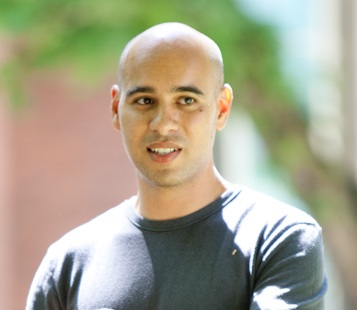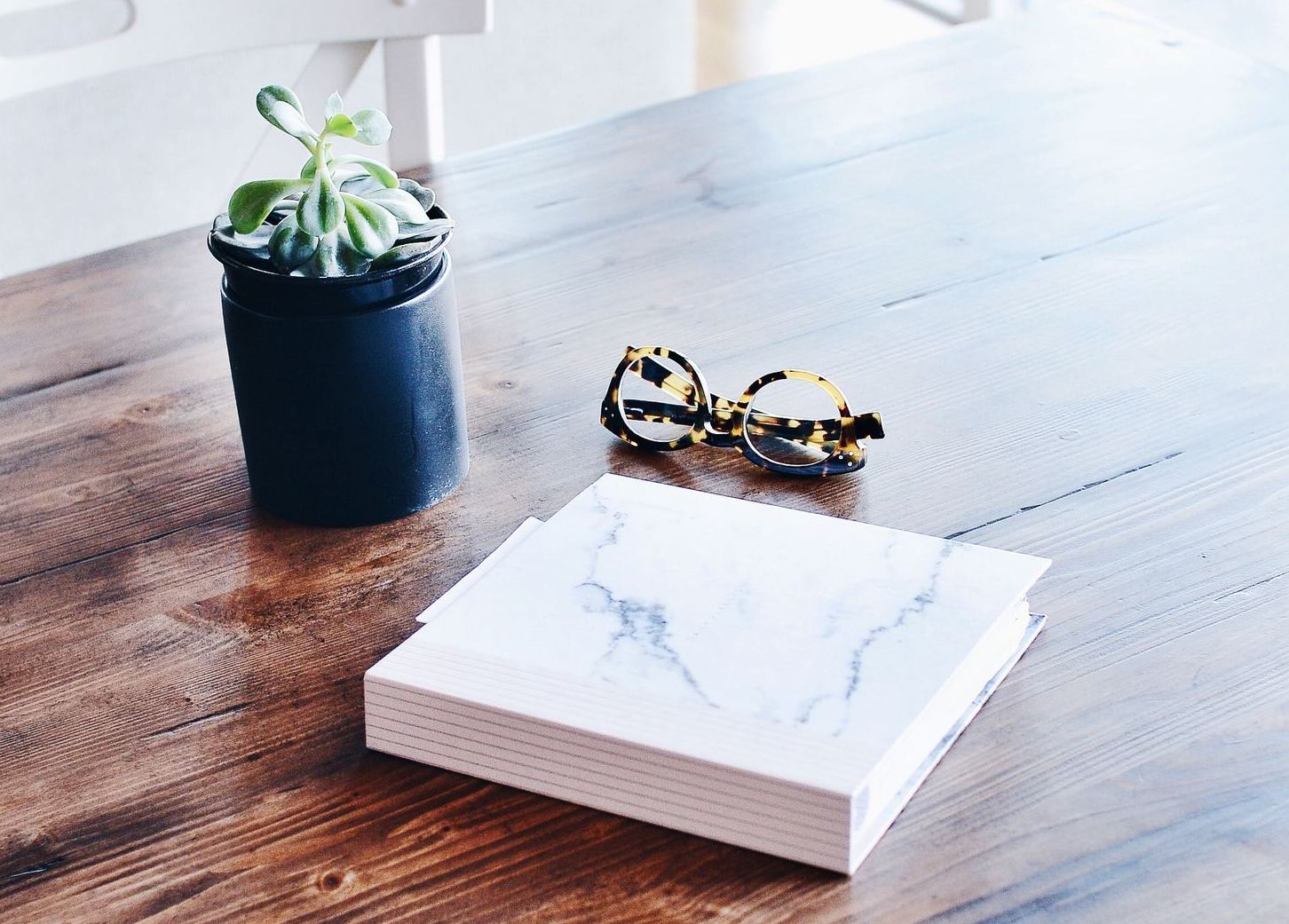I’ve written a lot about simplifying your life, from the philosophy behind it to the tactical steps to getting to simplicity.
But the true key isn’t in the steps, it’s in our mental habits.
For example, I could get rid of my physical clutter and simplify my day so that I have more space in my life … but until I address the mental habits that got me to a cluttered life, it will just keep coming back.
So here’s what I’ve learned is the key mental habit of simplicity: noticing the mind’s tendency to want more, and don’t believe it.
The mind always wants more. And at the same time, it wants less — there’s a polarity in the mind that craves simplicity and craves more.
Why does the mind want both? The mind wants more because it thinks that more will make it happy, it sees possibility in acquiring more, and it thinks that acquiring things will help relieve the uncertainty it feels.
The mind wants less when it is feeling stressed and overwhelmed, and just wants relief from that difficult feeling. It thinks that if it gets rid of stuff, there will be peace.
Both are wrong, but they come from a good-hearted place.
Why the Desire for More, & Less, are Both Wrong
The desire for more is wrong because, as we’ve all seen, you can get a bump of joy when you receive your new package in the mail … but it doesn’t even last a day, usually. Certainly not a few days. That dopamine hit of acquiring more is very temporary … and it doesn’t make us happier over the long term. It doesn’t actually give us what we’re hoping for in life, nor does it relieve any uncertainty.
Think about it:
- If you are worried about an upcoming trip, you’ll research the destination, buy some new clothes or equipment to help you feel more prepared, make plans and have everything set in place. The uncertainty doesn’t go away, you’ve just kept yourself busy trying to get control as a way of coping with the stress of uncertainty.
- You got into a new hobby, excited by the awesome possibilities of it. Of course you had to buy more things to enable the hobby, but that’s OK, because it’s going to give you this amazing new life, right? Actually, your life might change, but it won’t ever be what you were fantasizing about. Your mind just tricks you.
- You got that beautiful new (outfit, bag, gadget, tool, whatever) and you think, “Oh, isn’t life grand?” But then your life returns to normal, and it’s not any better, except now you’re a little poorer and you have a cool new thing in it to clutter up your space.
So when the mind wants more, it is simply trying to find happiness or relief from stress. Neither actually results from having more, but that doesn’t stop the mind from trying.
On the other hand, the mind’s desire for less is just a desire for peace. And that’s not a bad thing. You get some peace, I think, when you reduce your possessions or commitments. Creating space is nice. But in the end, your mind still will find something to complain about — if it’s not having too many things, or too much to do, it will be boredom or tiredness or irritating people who have too much clutter in their lives.
The key is to change the mental habits.
Changing the Mental Habits
Changing mental habits is pretty tough (though we do show you how in my Habit Mastery Course, check it out!). You have to be hyper aware of your thoughts in order to change them.
Still, none of us ever let a tough challenge stop us from taking action, right?
The process is simple:
- develop awareness of your mental habits over time
- see what their harmful effects might be
- stop believing the thoughts
- make a loving effort to change them
- and don’t expect perfection
So with the mental habit of wanting more, you might just notice when you’re online and researching something new to buy, or on Amazon or another shopping site ready to hit the “order” button. This is a good signal that your mind is wanting more in order to become happier and/or relieve uncertainty.
When you notice this, ask yourself (with credit to Byron Katie):
- What do I believe I’ll get if I buy this? More happiness? Less uncertainty?
- Is that belief true?
- What effect does it have on me? Is it helpful to believe this, or harmful?
- What would I be like if I didn’t believe it?
So if I’m trying to buy some new travel gear, I might notice that I believe it will give me less uncertainty to get this gear. When I ask if it’s true, I will answer, “No, I know from experience that it isn’t true. I’ll still feel uncertainty.”
I’ll also notice that this belief is harmful, because it’s filling my life with more stuff and emptying my bank account, and it’s certainly not helpful.
What would I be like if I didn’t believe it? I would be less intent on acquiring, more able to open up to my uncertainty and find peace by not needing to relieve it.
So I try to change it by saying to myself:
- You don’t need this new gear
- You know it won’t relieve your uncertainty
- Opening to your uncertainty with a loving heart is the way to go
Then I try to fully feel the uncertainty, loving it as much as I love chocolate or laughter, and feel the awesome beauty of life in the midst of the uncertainty.
This is how we can change our mental habits. With awareness, with honesty, with an open heart, and with appreciation for the immense joy of life in the midst of chaos.
Originally published at zenhabits.net


